Report: NATO comes clean on cluster bombs
NATO will this week tell Serbia where it dropped cluster bombs during the 1999 campaign, the Independent reported.
Sunday, 16.09.2007.
13:23

NATO will this week tell Serbia where it dropped cluster bombs during the 1999 campaign, the Independent reported. The London-based daily writes in its Sunday issue that NATO chiefs “have bowed to mounting pressure from foreign governments and pressure groups and will hand over full coordinates for the hundreds of bombing sorties to the Serbian government.” Report: NATO comes clean on cluster bombs The pledge from NATO's Supreme Headquarters Allied Powers Europe (Shape) will end a delay condemned by human rights groups and described as "shameful" by one British minister. The U.S., Britain and Holland are believed to have dropped more than 2,000 cluster bombs – containing 380,000 sub-munitions – during the three-month campaign in 1999. The RAF dropped 531 RBL755 cluster bombs, designed principally to destroy tanks and other armored vehicles. But furious condemnation erupted after at least 23 Serb civilians were killed by cluster munitions during the campaign. Since the operation, the Allied forces have admitted the bombs had a failure rate of at least 5 percent, meaning up to 20,000 unexploded bomb-lets may be strewn across Serbia and Kosovo. The sub-munitions are designed to explode immediately or burst to deposit anti-personnel devices over an area the size of several football pitches. A conference this year heard that at least six Serbs – including three children – had been killed by exploding cluster munitions since 1999, and 12 people, six of them children, wounded. In the most notorious incident, five ethnic Albanian children were killed during the campaign, when seven youngsters picked up one of the "yellow killers", thinking it was a toy. Serbian officials report that up to 23 square kilometers in six areas suffer "cluster contamination". Agriculture and development are banned in several rural areas. But British ministers confessed this summer that, despite Serb requests, the co-ordinates of RAF bombing raids had not been given to Belgrade. Baroness Royall of Blaisdon said Britain had given the information to NATO, but it had not been passed on. She added: "I do think it is rather shameful." Tory peer Lord Elton, a leading campaigner against the bombs, said ministers had confirmed in mid-May that the co-ordinates had been supplied to NATO and the Alliance "would in due course hand them to Serbia". Now critics claim it may be too late to recover thousands of ageing, unstable munitions. The UK has contributed £86,000 to the Serbian Mine Action Centre for equipment. In Lebanon, Britain gave £2.7mn to help the clean-up after the Israeli attack last summer. "NATO now have everything they need and intend to share it with the Serbs in the next week." a UK Foreign Office spokes-man told the Independent. A part of a cluster bomp
Report: NATO comes clean on cluster bombs
The pledge from NATO's Supreme Headquarters Allied Powers Europe (Shape) will end a delay condemned by human rights groups and described as "shameful" by one British minister.The U.S., Britain and Holland are believed to have dropped more than 2,000 cluster bombs – containing 380,000 sub-munitions – during the three-month campaign in 1999. The RAF dropped 531 RBL755 cluster bombs, designed principally to destroy tanks and other armored vehicles.
But furious condemnation erupted after at least 23 Serb civilians were killed by cluster munitions during the campaign. Since the operation, the Allied forces have admitted the bombs had a failure rate of at least 5 percent, meaning up to 20,000 unexploded bomb-lets may be strewn across Serbia and Kosovo.
The sub-munitions are designed to explode immediately or burst to deposit anti-personnel devices over an area the size of several football pitches.
A conference this year heard that at least six Serbs – including three children – had been killed by exploding cluster munitions since 1999, and 12 people, six of them children, wounded. In the most notorious incident, five ethnic Albanian children were killed during the campaign, when seven youngsters picked up one of the "yellow killers", thinking it was a toy.
Serbian officials report that up to 23 square kilometers in six areas suffer "cluster contamination". Agriculture and development are banned in several rural areas.
But British ministers confessed this summer that, despite Serb requests, the co-ordinates of RAF bombing raids had not been given to Belgrade. Baroness Royall of Blaisdon said Britain had given the information to NATO, but it had not been passed on. She added: "I do think it is rather shameful."
Tory peer Lord Elton, a leading campaigner against the bombs, said ministers had confirmed in mid-May that the co-ordinates had been supplied to NATO and the Alliance "would in due course hand them to Serbia".
Now critics claim it may be too late to recover thousands of ageing, unstable munitions. The UK has contributed £86,000 to the Serbian Mine Action Centre for equipment. In Lebanon, Britain gave £2.7mn to help the clean-up after the Israeli attack last summer.
"NATO now have everything they need and intend to share it with the Serbs in the next week." a UK Foreign Office spokes-man told the Independent.











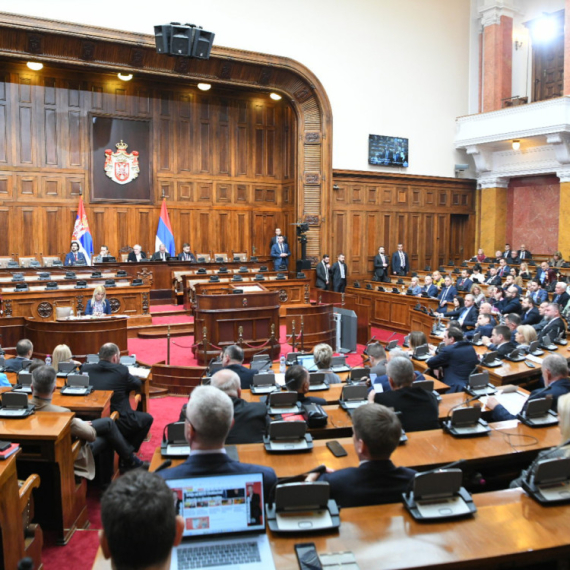


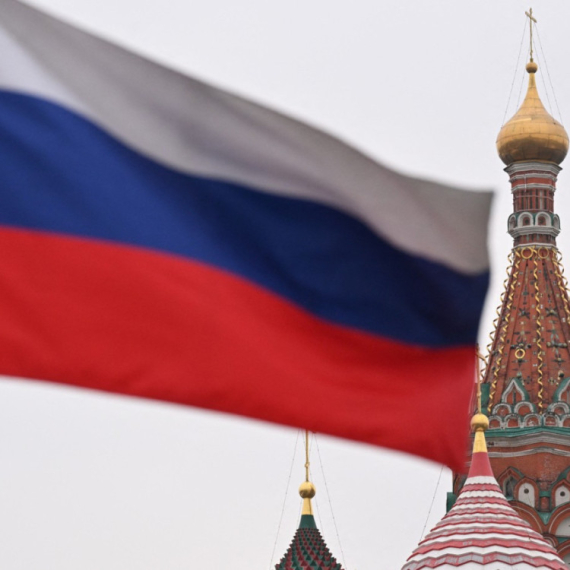
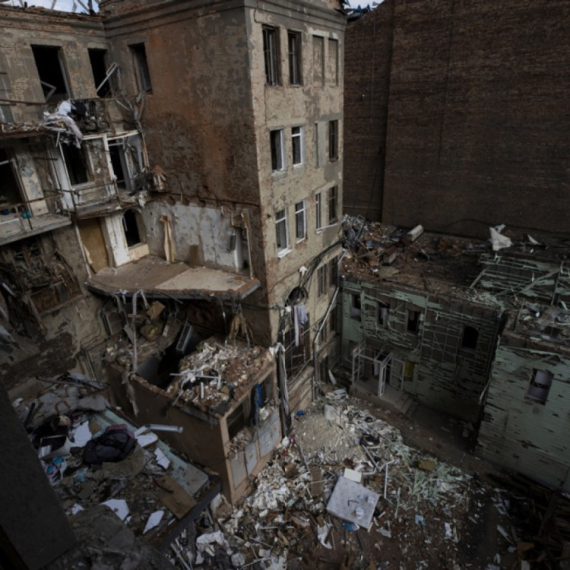
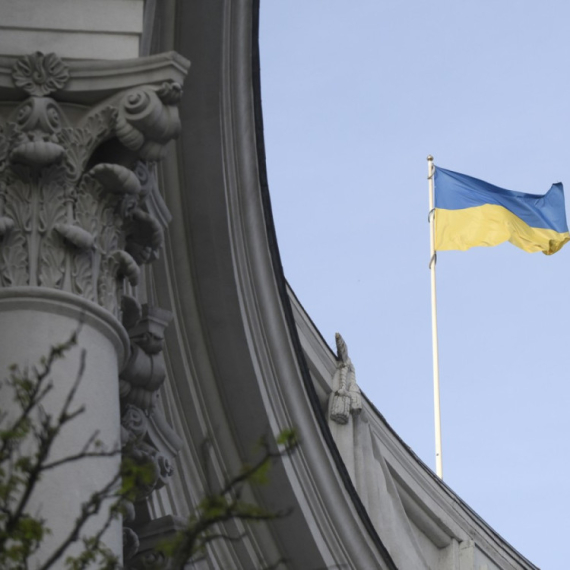








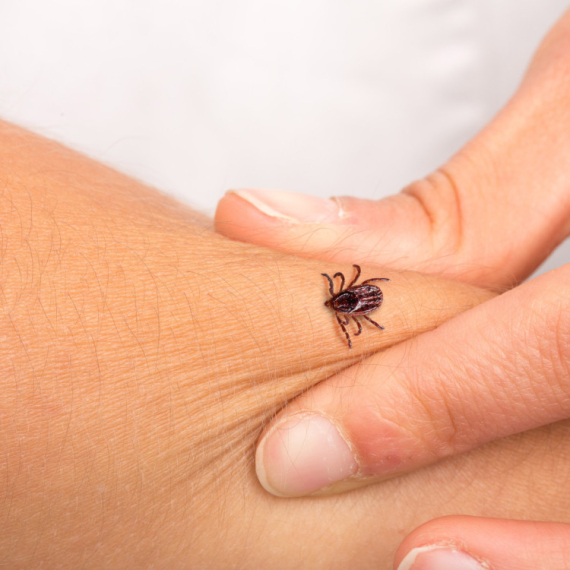





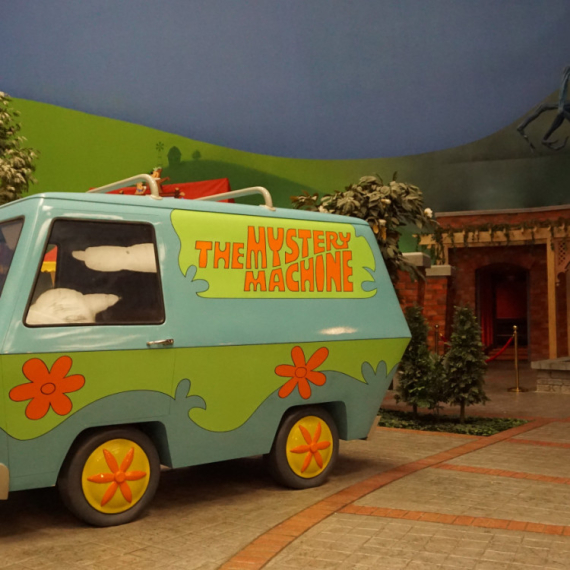
















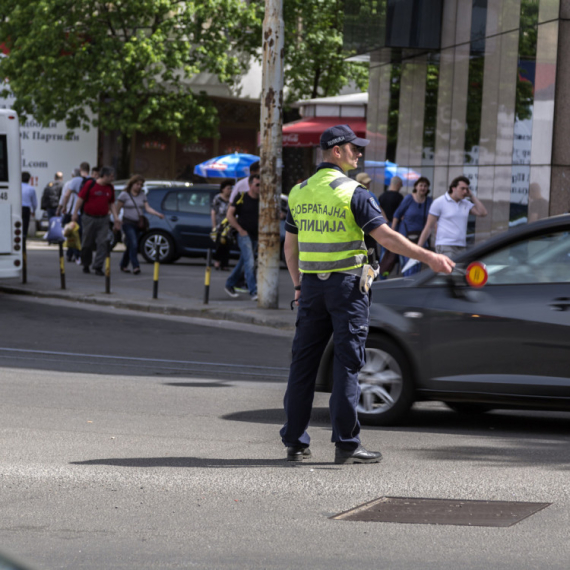




Komentari 7
Pogledaj komentare